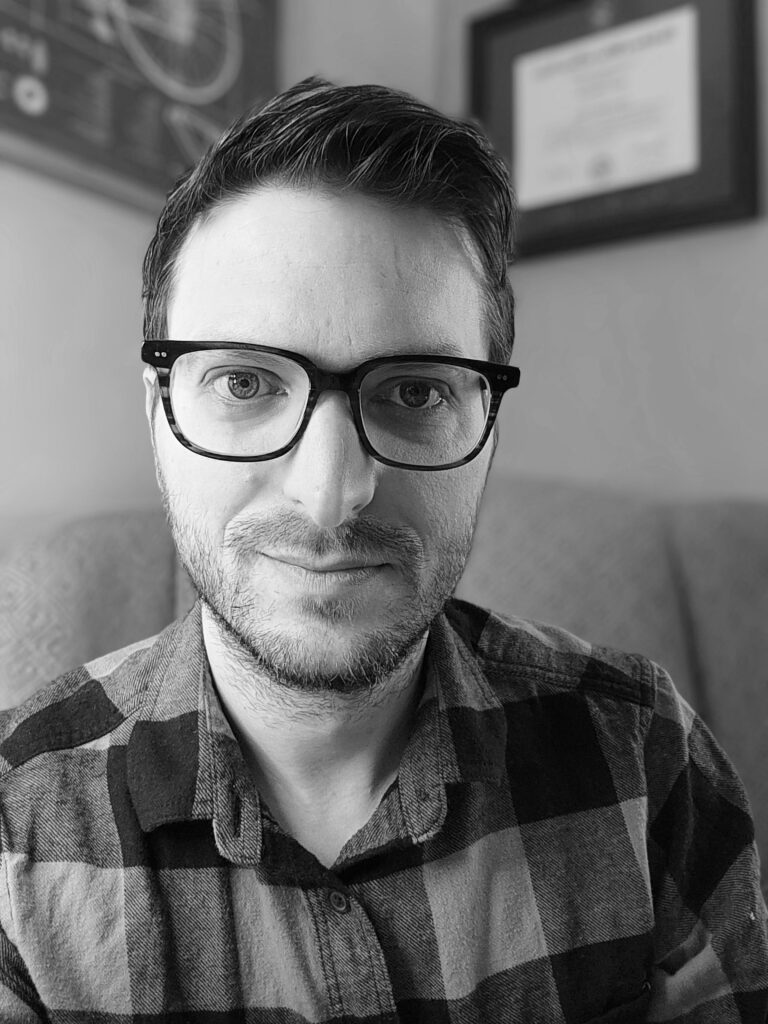Why My Therapy Is Political (and What That Really Means)
If you have spent some time on my website or read through my writing, you may have noticed that I describe therapy as political. For some people, that word might feel unexpected or even uncomfortable in a therapy context. After all, isn’t therapy supposed to be neutral? Aren’t politics supposed to stay outside the room?
I understand those questions. So I want to share a bit about what I mean when I say therapy is political, and why it is not about partisanship or pushing a personal agenda. Instead, it is about creating a space where people, especially those from marginalized communities, can be fully seen, affirmed, and supported.
What I Do Not Mean by “Political Therapy”
When I say therapy is political, I am not talking about debating current events, discussing political parties, or trying to convince anyone to adopt a certain worldview. That is not my role, and it is not the purpose of therapy.
What I do mean is this. Our lives are shaped by the systems we live in. Things like race, gender, sexuality, class, disability, and immigration status affect how we move through the world, how we are treated, and the types of support we can access. For people in marginalized groups, especially LGBTQ+ individuals, these realities are not abstract concepts. They are daily experiences that deeply impact mental health and well-being.
To ignore that reality in therapy would be to ignore a crucial part of a client’s lived experience.
Neutrality Can Feel Like Silence
Many people are taught that therapists should remain neutral. But here is the truth. If someone shares that they were mistreated because of their gender identity, or that they fear for their safety in public spaces, or that they feel invisible at work because of their race, those are not just isolated incidents. They are reflections of larger systems of oppression.
If I act like those systems do not exist, I risk making that person feel unseen. I may unintentionally reinforce the same harm they came to therapy to heal from.
Being neutral in the face of injustice often means siding with the dominant culture. And that culture does not treat everyone equally.
The Clients I Work With Carry More Than Just Individual Pain
Many of the people who come to see me are LGBTQ+, trans, nonbinary, or queer. Some are also people of color, survivors of religious trauma, immigrants, or navigating chronic illness or disability. Most have spent years being told that they are too much, too different, or not enough.
They are not only working through internal struggles. They are also living in systems that consistently devalue who they are. They have had to learn to hide parts of themselves to survive. That kind of experience shapes everything, including how they relate to others, how they view themselves, and how they move through the world.
As a therapist, I believe it is part of my job to hold space for all of that. Not just the individual experience, but also the broader context.
Naming Oppression Helps Clients Heal
In therapy, we often ask questions like: Where did this belief come from? How did this pattern develop? What are the roots of your self-doubt or anxiety?
For LGBTQ+ clients and others from marginalized backgrounds, those roots are often social as well as personal. They have been told, explicitly or implicitly, that there is something wrong with them. Those messages do not appear out of nowhere. They come from systems designed to maintain control and conformity.
By naming things like racism, homophobia, transphobia, and ableism, we begin to untangle where shame and fear come from. We shift the question from “What is wrong with me?” to “What have I learned to believe about myself—and is it actually true?”
That shift creates space for liberation and self-compassion.
Therapy Should Be a Place Where Clients Can Be Fully Themselves
I believe therapy can be a space for healing and for truth-telling. That means clients do not need to filter their identity, their anger, or their grief. They should not have to minimize their joy either. All of it belongs in the room.
When I say my therapy is political, I am not trying to politicize people. I am working to create a space where no one has to leave parts of themselves outside the door. I am saying, “You matter. Your experiences matter. And your story deserves to be heard.”
This Work Matters for Everyone
You do not need to be LGBTQ+ or part of a marginalized community to benefit from therapy that acknowledges power and systems. Many people I work with are seeking to better understand their loved ones, become more inclusive in their thinking, or unpack how privilege has shaped their view of the world.
Therapy that is grounded in awareness of systemic issues is not divisive. It is expansive. It creates more room for honesty, complexity, and connection.
Final Thoughts
So yes, my therapy is political. Not because I want to argue or persuade, but because I believe in telling the truth. The systems that shape our lives affect our mental health, our sense of safety, and our ability to thrive.
I do not believe in ignoring those realities. I believe in naming them so that people can begin to heal.
Whether you are someone directly impacted by oppression or someone learning how to hold space for others, therapy can be a place to grow. My work is to meet you with honesty, care, and the belief that healing happens when we are seen in our full humanity.
Want to work with a therapist who sees the full picture?
I offer affirming, trauma-informed therapy for individuals navigating identity, stress, and the impact of systemic harm. Learn more at www.drnatetherapy.com.

